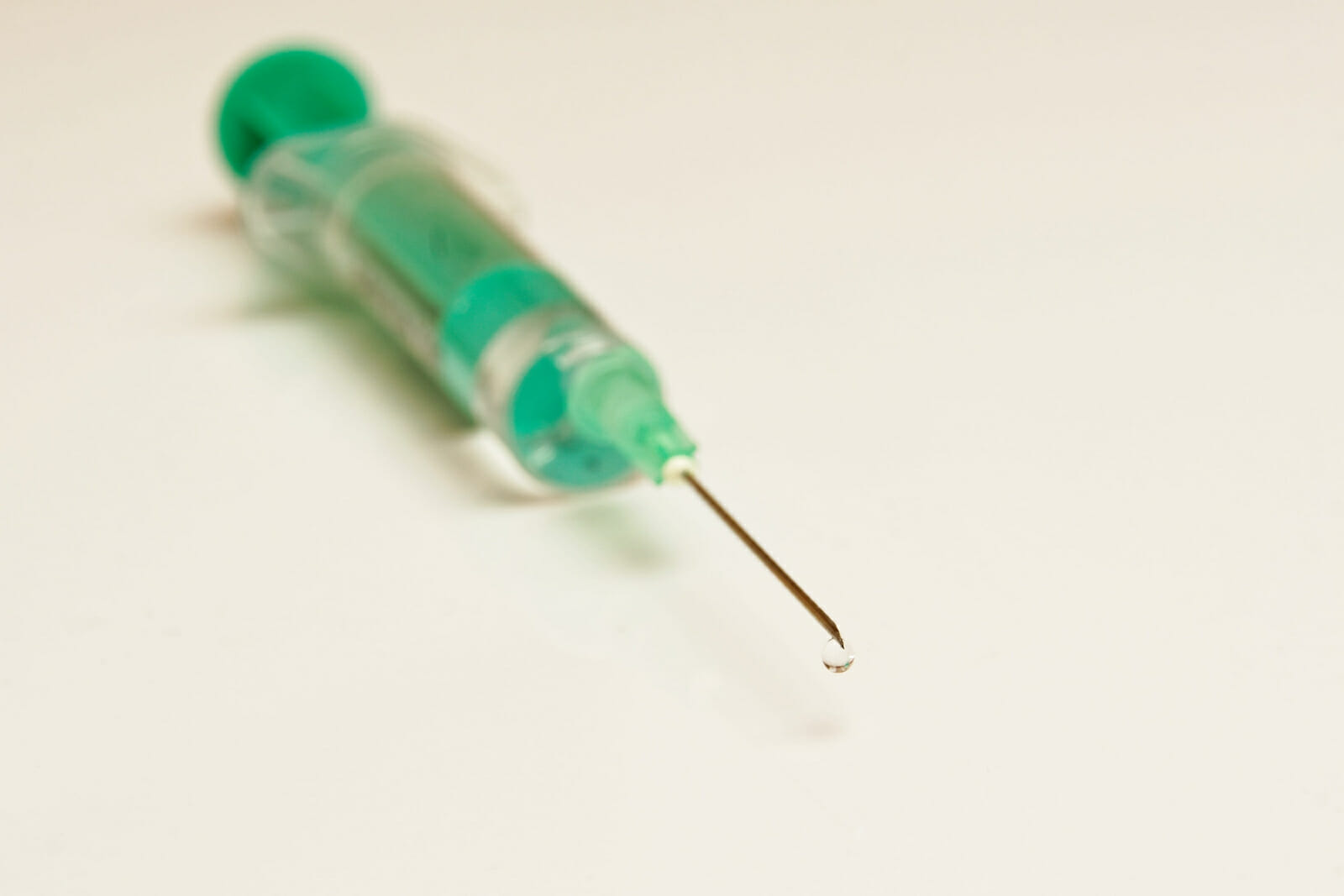
Business
Are ‘Vaccine Visas’ Set to Eclipse the Passport as a Travel Essential?
The world learned on Wednesday that Pfizer’s COVID-19 vaccine is 95% effective, making it the second vaccine in the United States with a high success rate after news broke about the efficacy of the Moderna research on Monday. There may be even more good news on the way, after the University of Oxford announced strong immune responses in older adults for their AstraZeneca vaccine on Thursday. The favorable results of these vaccine trials bode well for the resumption of safe travel for both business and tourism, and ultimately for restarting the global economy. As the citizens of the world progressively get vaccinated, countries will once again be able to welcome new arrivals with a smile instead of a cotton swab.
That immunized future, however, is a long way away. In the meantime, there are numerous challenges on the horizon for governments worldwide in terms of speedy vaccine distribution. The Pfizer vaccine needs to be stored at about -80C, and can only be kept in a fridge for five days, while Moderna’s vaccine must be stored at -20C for up to six months and kept in a standard fridge for no more than a month. This means dedicated storage and transport systems will have to be built, making inoculation a lengthy process that will be concentrated initially in the wealthier countries who have bought up the lion’s share of the doses.
Even as vaccine deployment progresses, travel bans and quarantine policies will remain in place until such a time as governments can be sure that new arrivals are uninfected and passengers themselves feel confident traveling again. To make sure both authorities and passengers can capture the benefits of inoculation, a digitally secure ‘vaccine visa’ system offering real-time health management will have to be rolled out in tandem with the vaccine itself.
Indeed, while a health passport could soon replace sunscreen as a holiday essential and become as important as an identificatory passport, global health and transport authorities have a lot of work to do in order to build an effective vaccine visa. The ‘health passport’ systems currently in use around the world are far from perfect. One instructive example is the ‘Yellow Card,’ which proves that a passenger has had the jab for yellow fever. This problematic system relies on stamps affixed to a paper document which can be far too easily lost, stolen, or forged.
Building off the example of the Yellow Card, border controls in several countries have required evidence of a recent negative COVID-19 test. The current practices for communicating a negative result rely on hard copies of medical documents – or even photocopies. The fact these certificates are produced by manifold different international laboratories using diverse methodologies, in multiple languages, makes matters even more complicated, with a lack of consistency rendering such passenger checks imprecise at best.
Without a standardized and easily verifiable ‘vaccine visa,’ the rollout of vaccines will leave border controls mired in a similar state of confusion. To avoid this, international governments will have to agree on a secure digital health passport, following a unified approach that would surely be welcomed by businesses and consumers alike. Thankfully, a handful of options currently exist which store negative test results from verified labs within a QR code protected by blockchain. These same apps could provide verifiable proof of vaccination as soon as the jabs begin to be carried out.
The potential solutions include the ‘ICC Antibodies OK Pass’ (AOKpass), a Singaporean scheme that is spreading through the aviation world and has pilot schemes in progress in 130 airports in 18 countries. Swiss-made CommonPass, powered by the World Economic Forum (WEF), was also trialed on a London to Newark flight last month. However, these start-ups were born during the pandemic and, as such, have yet to be technically proven for worldwide use.
In order for a mass rollout to be effective, governments would have to place an enormous amount of trust in these young, small firms. Authorities will also have to assuage public fears about the storage and use of their citizens’ private medical information by untested companies monitoring their movements. Their novelty could even prove to be their downfall, as it was for the contact-tracing apps whose limited success in curbing the spread of COVID-19 has been traced to a lack of trust on the part of the general public.
Fortunately, more established players have also thrown their hats in the ring. The Swiss security establishment SICPA, which specializes in traceability solutions, has put forward the myHealth Pass app which uses trademarked Certus technology to keep data safe. These QR Codes work for both paper and digital certificates and are proven to be digitally verifiable and tamper-proof. The tried-and-tested digital solution has kept the pucks moving during Russia’s international Kontinental Hockey League in spite of the ongoing pandemic and is currently under consideration by major European football clubs such as AS Monaco to help put fans back in stadium seats.
These conversations around vaccines and health passports are all being driven by the vital importance of allowing countries to open up shop again as soon as possible. Even as the Lancet has found temporary lockdowns to be oftentimes counterproductive, impeding the movement of health workers and essential supplies, as well as trade, travel bans, and quarantine policies, will have to remain in place until governments can be sure new arrivals do not pose a threat to their populations and health systems.
As such, efficient ‘health passports’ will be the return ticket to normality, restoring trust in international travel and allowing the global economy to finally take off once again.

